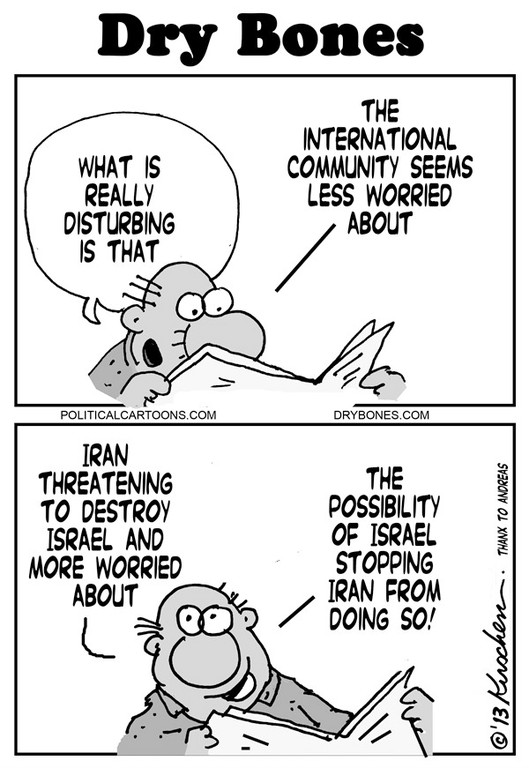Hamas closes 2013 with a whimper
Israel ended 2013 in much the same way as previous years: facing a surge of terrorist activity from the Hamas-ruled Gaza Strip.
On Dec. 24, Salah Shukri Abu Latyef, a 22-year-old Israeli Defense Ministry worker who was repairing the border fence with Gaza, was killed by a Palestinian sniper. Latyef’s murder was followed by a series of rocket attacks that provoked response strikes from the Israeli military — the assault deemed a threat to the 13,500 Israelis living near there — on weapons manufacturing facilities in Gaza.
Israel’s explanation was a little different from previous years. “The manufacturing of rockets in Gaza has no other purpose except to target Israel and its sovereignty, putting thousands of lives at risk,” said Lt. Col. Peter Lerner, the IDF’s spokesman. Exactly three years after the so-called Arab Spring descended on the region, bringing both the promise of political change and the threat of even deadlier violence from jihadi groups, the fundamental menace that Hamas represents has remained unaffected. Israel is still the Islamist group’s eternal enemy, and its aim of destroying the Jewish state remains sacred.
But what has been profoundly altered is Hamas’s room for maneuver. In the past, Israel’s military reaction might have stretched well into January. Quite simply, Hamas does not enjoy that kind of clout anymore.
Over the past 12 months, the fortunes of the Muslim Brotherhood, the parent organization of Hamas have gone from a peak to a trough. In Tunisia, the governing Islamist Ennahda party was chastened by a coalition of secularist groups, and is currently in the final stages of handing over to a caretaker government. And in Egypt, where the Brotherhood was first formed in the late 1920s, the regime of Mohamed Morsi that came to power in 2012 was unseated by the Egyptian military, following angry demonstrations against the Brotherhood that, left unchecked, might have resulted in a nasty civil war.
In these conditions, Hamas is just about clinging on to power in Gaza. The Gaza Strip’s Palestinian residents are becoming more and more fed up with Islamist rule. Recently, a fuel crisis triggered by Egypt’s destruction of tunnels from Sinai into Gaza that had been used for smuggling, as well as a tax hike on fuel prices engineered by the Fatah-dominated Palestinian Authority in Ramallah, compelled Hamas to cancel its 26th anniversary celebrations. When leading Palestinians gathered for a political unity conference in Doha, Qatar, the proceedings merely underlined their deepest differences. Fatah, reported the Saudi Gazette, has been left “with a feeling of impasse,” while Hamas “is hardly more ebullient. The lack of a shared vision—the Islamic militant group depends on force and Fatah continues to negotiate—only deepens the sense of fragmentation, said participants.”
All this suggests that a killer blow to Hamas might be dealt as early as 2014—and will emanate from Egypt. One IDF officer even spoke of an Egyptian “strategic decision to paralyze Hamas.”
Such a decision is in keeping with Egypt’s strategy towards the Muslim Brotherhood and its determination to defeat the jihadi fighters in Sinai. Following the recent suicide bombing against a security compound in Mansoura, that left 16 dead and more than 100 wounded, the Cairo authorities banned the Brotherhood by declaring it a “terrorist organization.” Freedom and Justice, the Brotherhood’s Orwellian-sounding newspaper, has been shut down, and a huge number of their social and welfare organizations have had their bank accounts frozen.
Should Egyptian pressure lead to the collapse of Hamas, Gaza’s problems are unlikely to be solved overnight. The Palestinian Authority will find it difficult to assert itself in the Gaza Strip, while smaller and more radical jihadi groups could mushroom amidst the vacuum. Crucially, in neither the West Bank nor Gaza has a political force emerged to give Israel confidence in the negotiating process. For the foreseeable future, then, Gaza will retain all the trappings of a failed state but with a diminished capacity to wage terror.

 55.0°,
Overcast
55.0°,
Overcast 




